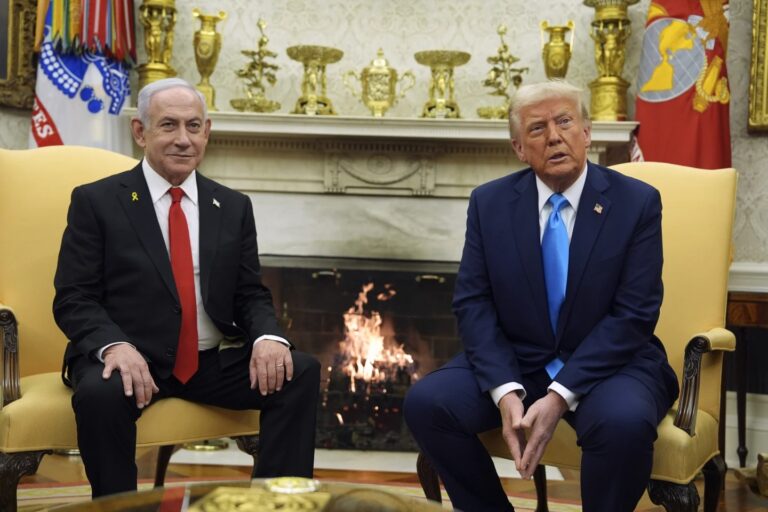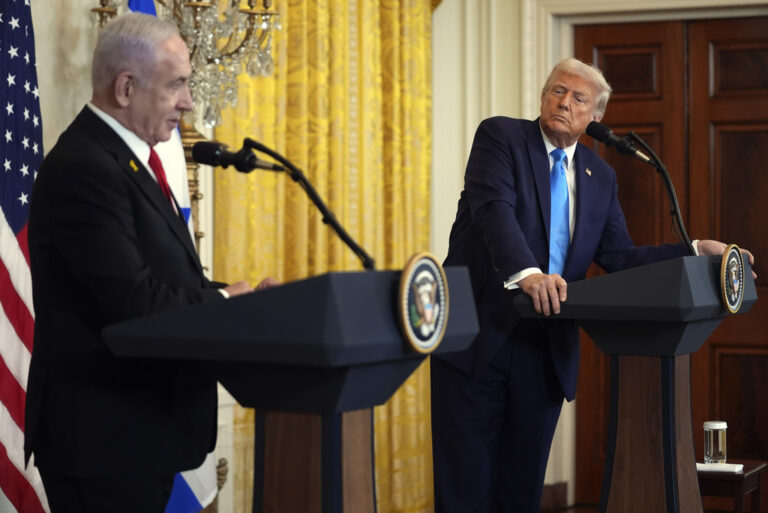Iran on Sunday described a blackout at its underground Natanz atomic facility an act of “nuclear terrorism,” raising regional tensions as world powers and Tehran continue to negotiate over its tattered nuclear deal.
Ali Akbar Salehi, the head of the Atomic Energy Organization of Iran, stopped short of directly blaming anyone for the incident. Details remained few about what happened early Sunday morning at the facility, which initially was described as a blackout caused by the electrical grid feeding the site.
Many Israeli media outlets offered the same assessment that a cyberattack darkened Natanz and damaged a facility that is home to sensitive centrifuges. While the reports offered no sourcing for the evaluation, Israeli media maintains a close relationship with the country’s military and intelligence agencies.
If Israel caused the blackout, it further heightens tensions between the two nations, already engaged in a shadow conflict across the wider Middle East.
“To thwart the goals of this terrorist movement, the Islamic Republic of Iran will continue to seriously improve nuclear technology on the one hand and to lift oppressive sanctions on the other hand,” Salehi said, according state TV.
He added: “While condemning this desperate move, the Islamic Republic of Iran emphasizes the need for a confrontation by the international bodies and the (International Atomic Energy Agency) against this nuclear terrorism.”
The IAEA, the United Nations’ body that monitors Tehran’s atomic program, earlier said it was aware of media reports about the incident at Natanz and had spoken with Iranian officials about it. The agency did not elaborate.
Sunday’ developments also complicate efforts by the U.S., Israel’s main security partner, to re-enter the atomic accord aimed at limiting Tehran’s program so it can’t pursue a nuclear weapon. As news of the blackout emerged, U.S. Defense Secretary Lloyd Austin landed Sunday in Israel for talks with Prime Minister Benjamin Netanyahu and Defense Minister Benny Gantz.
Power at Natanz was cut across the facility, which is comprised of above-ground workshops and underground enrichment halls, civilian nuclear program spokesman Behrouz Kamalvandi earlier told Iranian state TV.
Salehi’s comments to state TV did not explain what happened at the facility. However, Natanz has been targeted by sabotage in the past. The Stuxnet computer virus, discovered in 2010 and widely believed to be a joint U.S.-Israeli creation, once disrupted and destroyed Iranian centrifuges at Natanz amid an earlier period of Western fears about Tehran’s program.
Natanz suffered a mysterious explosion at its advanced centrifuge assembly plant in July that authorities later described as sabotage. Iran now is rebuilding that facility deep inside a nearby mountain.
Israel, Iran’s regional archenemy, has been suspected of carrying out that attack as well as launching other assaults, as world powers negotiate with Tehran in Vienna over its nuclear deal.
Iran also blamed Israel for the killing of a scientist who began the country’s military nuclear program decades earlier.
Multiple Israeli media outlets reported Sunday that a cyberattack caused the blackout in Natanz. Public broadcaster Kan said Israel was likely behind the attack, citing Israel’s alleged responsibility for the Stuxnet attacks a decade ago. Channel 12 TV cited “experts” as estimating the attack shut down entire sections of the facility. None of the reports included sources or explanations of how the outlets came to that assessment.
“It’s hard for me to believe it’s a coincidence,” Yoel Guzansky, a senior fellow at Tel Aviv’s Institute for National Security Studies, said of Sunday’s blackout. “If it’s not a coincidence, and that’s a big if, someone is trying to send a message that ‘we can limit Iran’s advance and we have red lines.’”
It also sends a message that Iran’s most sensitive nuclear site is “penetrable,” he added.
Israel has not claimed any of the attacks, though it typically doesn’t discuss operations carried out by its Mossad intelligence agency or specialized military units. Netanyahu repeatedly has described Iran as the major threat faced by his country in recent weeks as he struggles to hold onto power after multiple elections and while facing corruption charges.
Meeting with Austin on Sunday, Gantz said Israel viewed America as an ally against all threats, including Iran.
“The Tehran of today poses a strategic threat to international security, to the entire Middle East and to the state of Israel,” Gantz said. “And we will work closely with our American allies to ensure that any new agreement with Iran will secure the vital interests of the world, of the United States, prevent a dangerous arms race in our region, and protect the state of Israel.”
The Israeli army’s chief of staff, Lt. Gen. Aviv Kochavi, also appeared to reference Iran.
The Israeli military’s “operations in the Middle East are not hidden from the eyes of the enemy,” Kochavi said. “They are watching us, seeing (our) abilities and weighing their steps with caution.”
On Saturday, Iran announced it had launched a chain of 164 IR-6 centrifuges at the plant. Officials also began testing the IR-9 centrifuge, which they say will enrich uranium 50 times faster than Iran’s first-generation centrifuges, the IR-1. The nuclear deal limited Iran to using only IR-1s for enrichment.
Since then-President Donald Trump’s withdrawal from the Iran nuclear deal in 2018, Tehran has abandoned all the limits of its uranium stockpile. It now enriches up to 20% purity, a technical step away from weapons-grade levels of 90%. Iran maintains its atomic program is for peaceful purposes.
On Tuesday, an Iranian cargo ship said to serve as a floating base for Iran’s paramilitary Revolutionary Guard forces off the coast of Yemen was struck by an explosion, likely from a limpet mine. Iran has blamed Israel for the blast. That attack escalated a long-running shadow war in Mideast waterways targeting shipping in the region.
(AP)












2 Responses
“Israel, Iran’s regional archenemy, has been suspected of carrying out that attack as well as launching other assaults, as world powers negotiate with Tehran in Vienna over its nuclear deal.”
Nothing quite like the AP/YWN.
how about a headline that reads “Israel may have taken preemptive strike to save itself from destruction”
then text about how Israel has continuously been threatened by an enemy who would happily destroy it if they would only have the ability.
? ? ? ? ? ? ? ? ? ? ? ? ? ? ? ? ? ?
שלא אחד בלבד עמד עלינו לכותינו והקב”ה מצילנו מידם
! ! ! ! ! ! ! ! ! ! ! ! ! ! ! ! ! ! ! ! ! ! ! ! ! !
It’s not as if their plant was knocked out. Except for retaliation what’s invited? Danger of all out war?